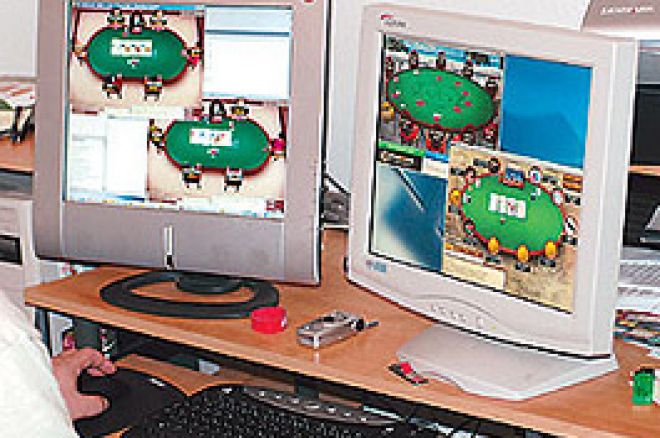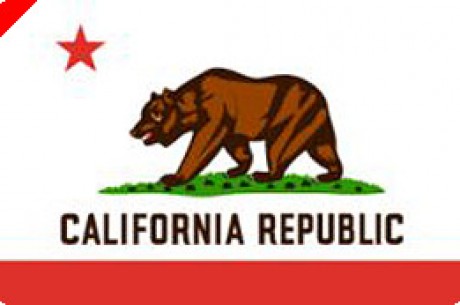Congressman Attempts Internet Poker/Gaming Ban

The United States government has shown a long history of not being up to speed with today's Internet world. It is well known that, in the international trade arena, the United States has previously been found to violate free trade agreements regarding online gaming in a now famous ruling by the World Trade Organization for Antigua in 2004. Continued efforts to prevent Americans from participating in the poker rooms and casinos of the Internet have come up several times in the past (most notably led by Arizona Senator Jon Kyl) but, as of yet, have been rejected. This hasn't stopped some Congressmen from attempting to pass some law banning it, however.
Virginia Representative Republican Bob Goodlatte has reintroduced a bill that he previously sponsored before Congress this week that would prohibit Internet gambling, which is an industry valued at about $12 billion. The original bill was introduced in 2000 and, back then, the bill had strong support in the House but was unexpectedly defeated due in part to efforts by disgraced Republican lobbyist Jack Abramoff, who represented gambling interests. What is interesting about his bill is that everything he introduced in that original bill has already come to pass in one form or another.
The previous version of Goodlatte's bill would have made it illegal to use the Internet for gambling and give law enforcement officials the authority to stop credit card payments to offshore Internet gambling sites. Most, if not all, of the credit card companies today do not allow such activities already and, as such, the bill would be a moot point. The bill is being restructured, however, and has co-sponsorship in the House of Representatives by fellow Virginia Representatives Republicans Rick Boucher and Frank Wolf. Full details of this restructured bill should be known by next week.
While ensuring the safety of consumers is an important angle in international transactions, this attempt at the banning of Internet gaming will ultimately fall short of its goal. Since the financial institutions of the United States have already limited the usage of credit cards for gaming transactions, all the bill would do is provide for a legal arm to a problem that doesn't exist. Arresting people for playing poker or entering the online casinos of the Internet would violate every principle that has made America what it is today.
Rather than continuing a fruitless search in a vain attempt to outlaw the freedom of gaming enthusiasts to pursue their particular passions, perhaps the U. S. government should look to the most logical way to benefit from the current online gaming situation. By enacting regulation to allow these companies to operate in the United States everyone would benefit, from the additional tax revenues in the federal and state coffers to the American stock markets to invest in and benefit from the largess that these online casinos and poker rooms are taking in to the customers themselves, assured of an atmosphere and stability that has long been questioned by some. This seems to be something that has been missed in the thinking of those that are currently in charge of the United States today and, unfortunately, doesn't show many signs of changing.








